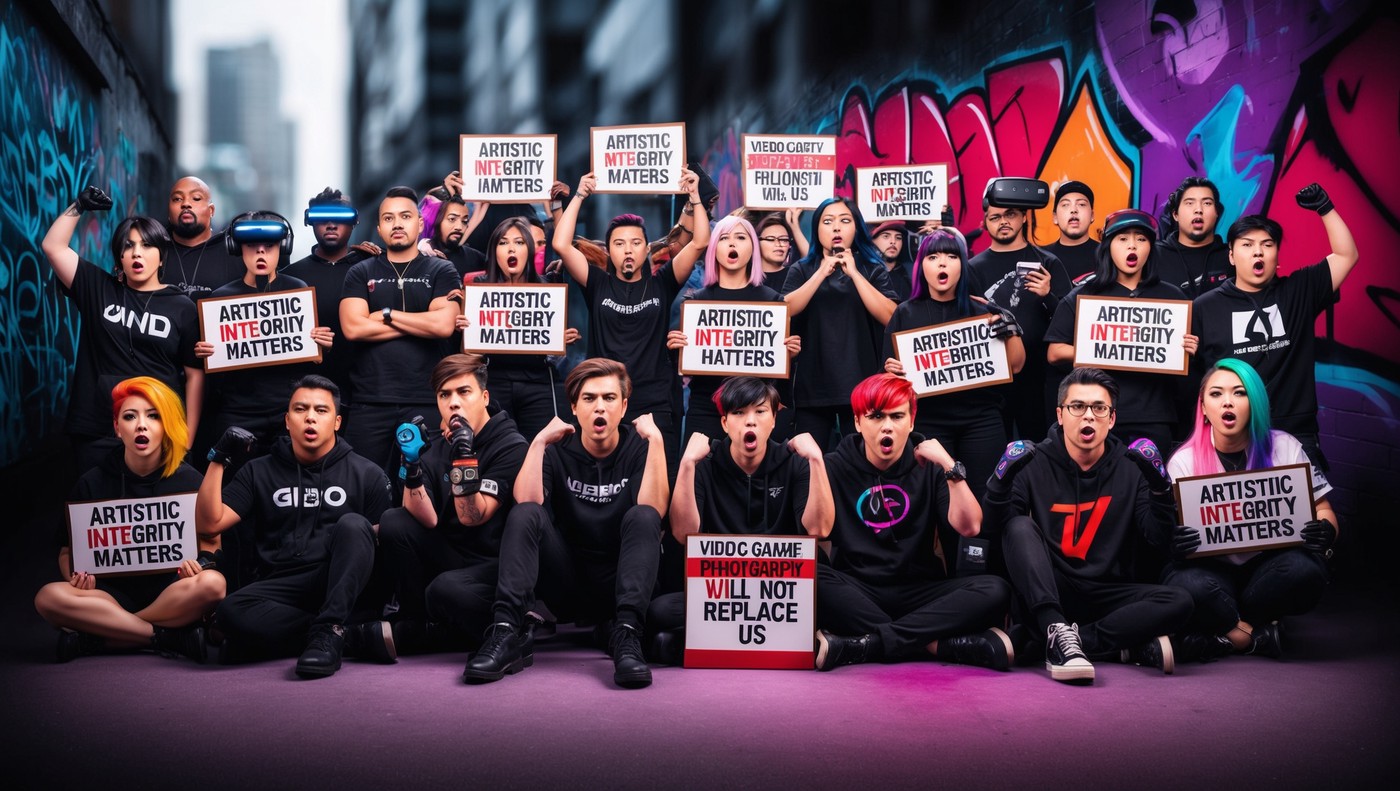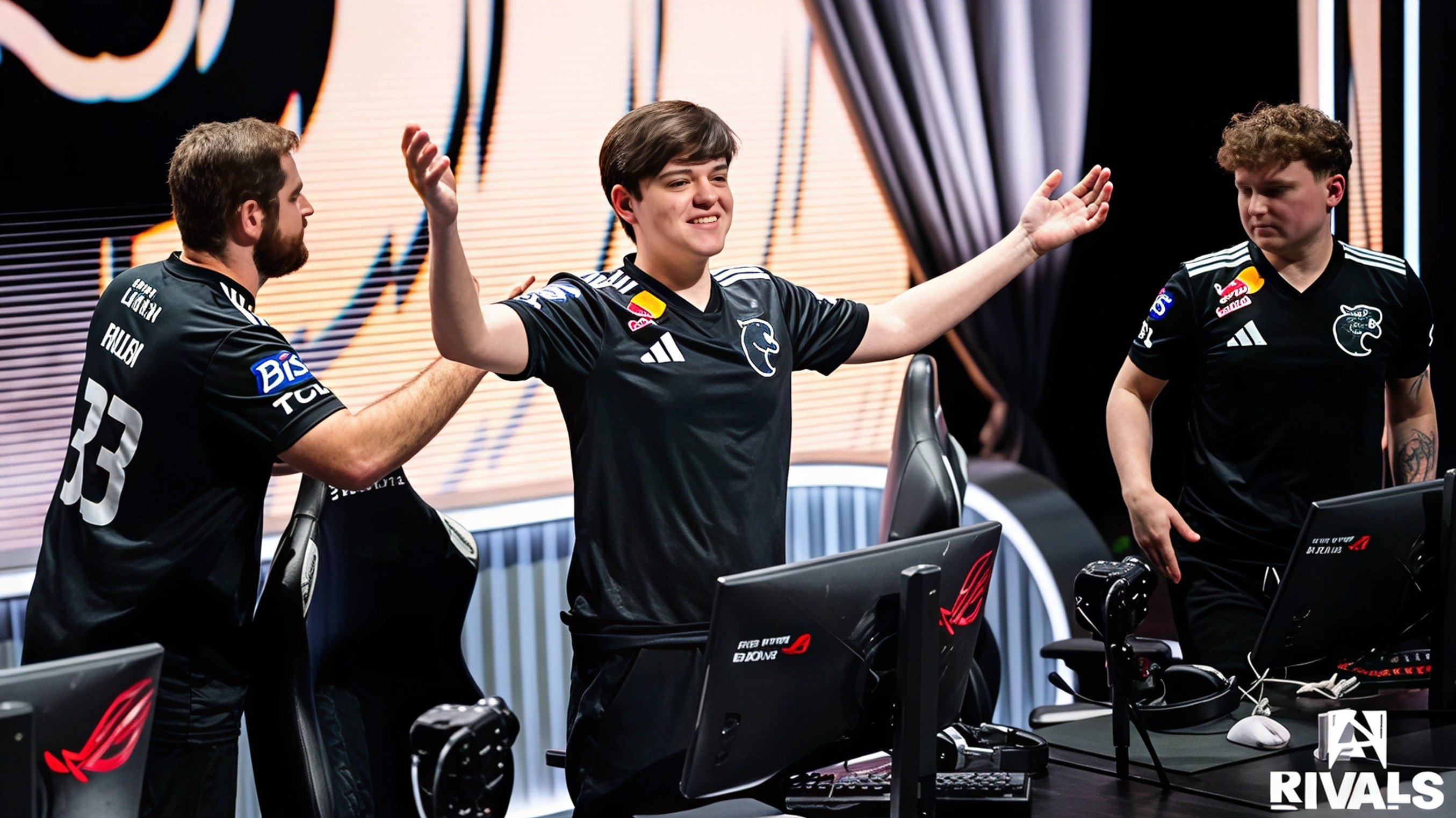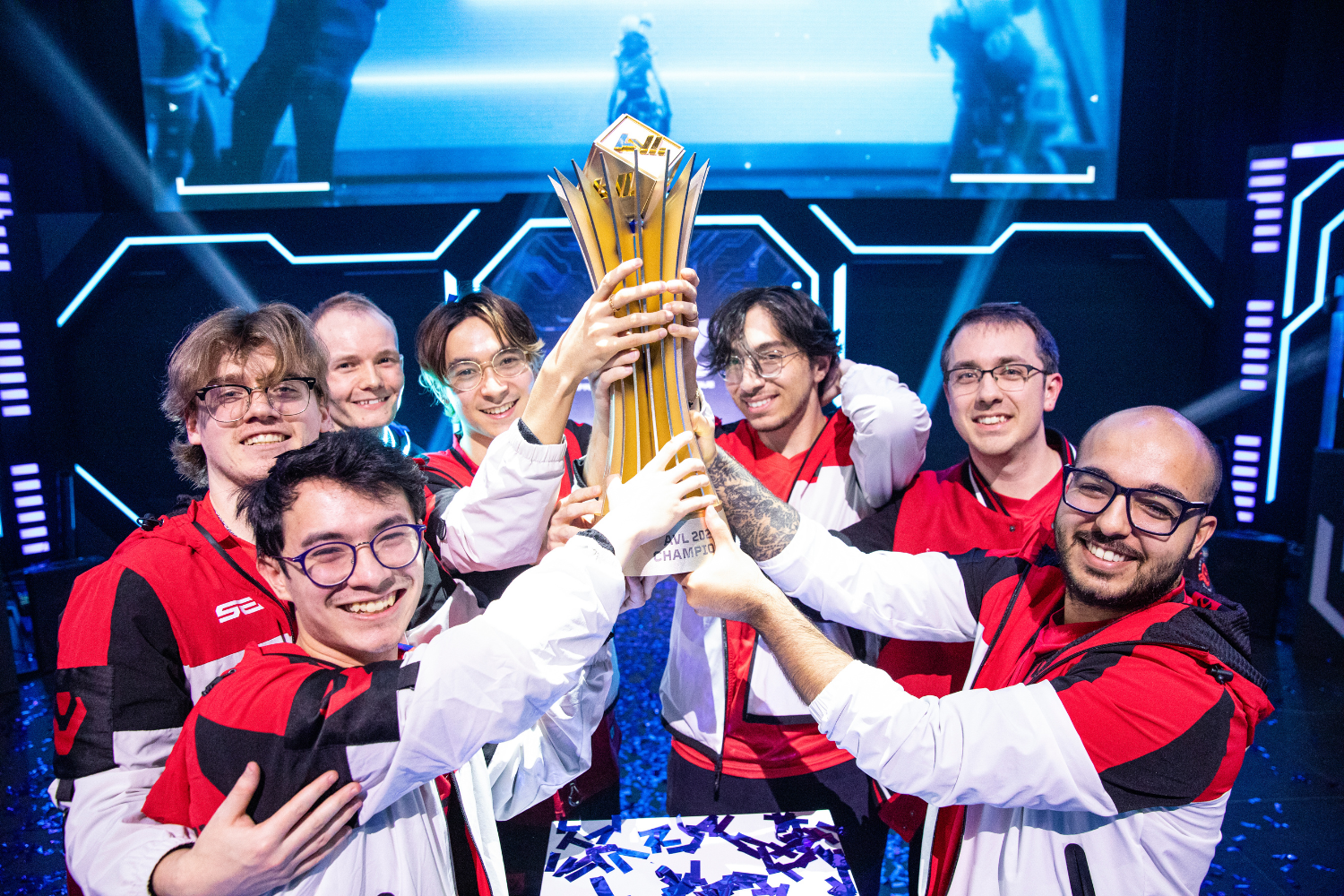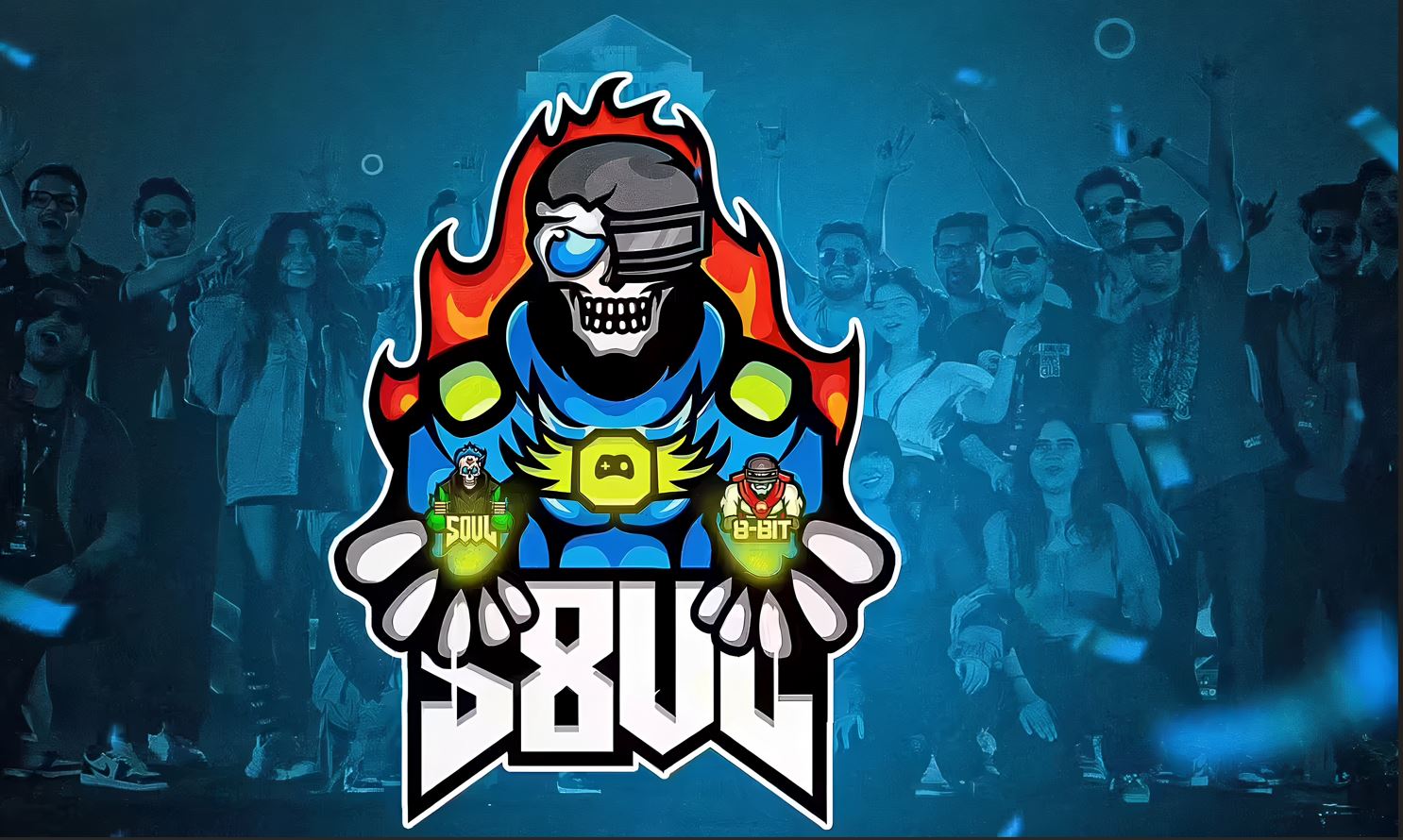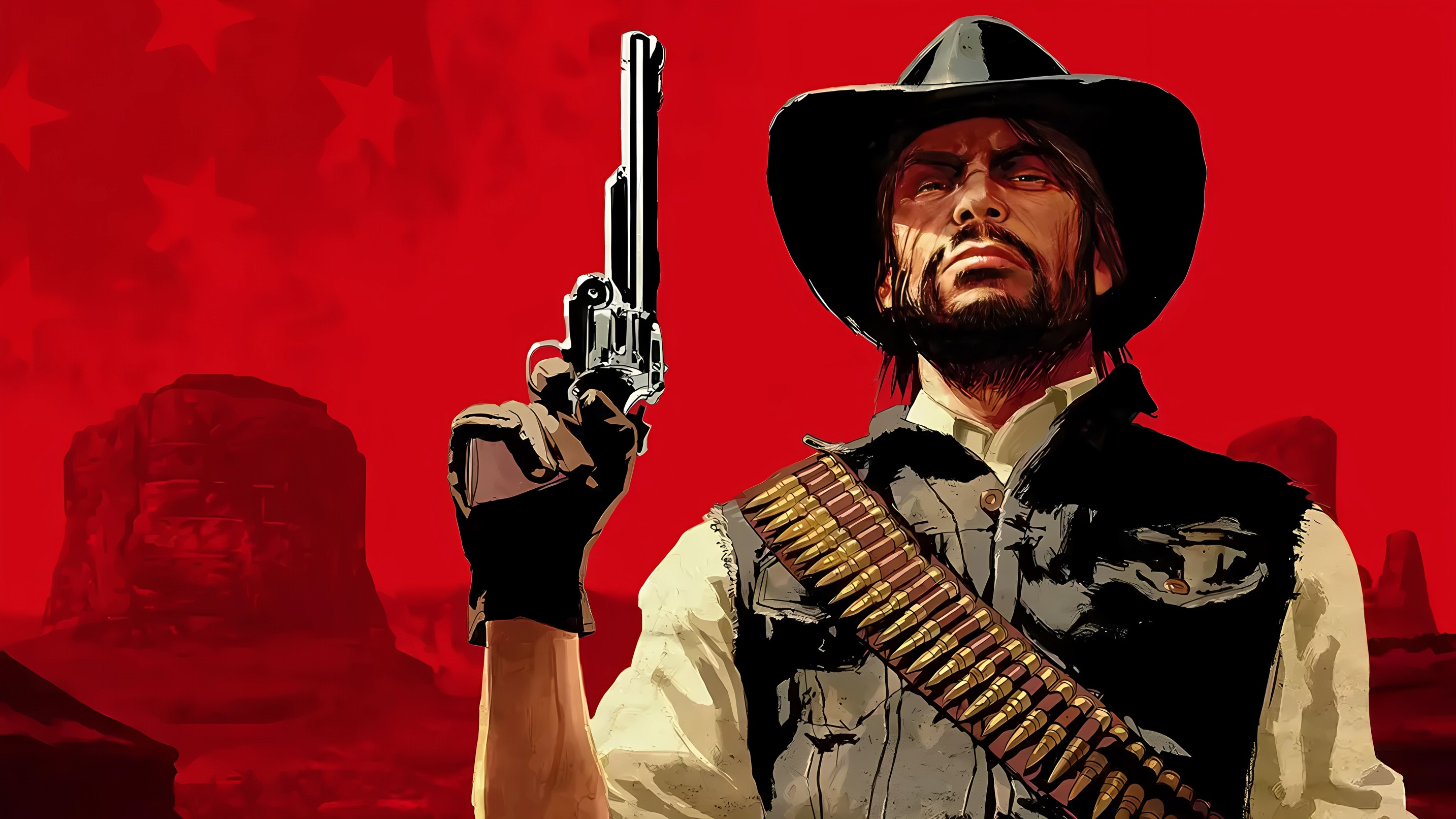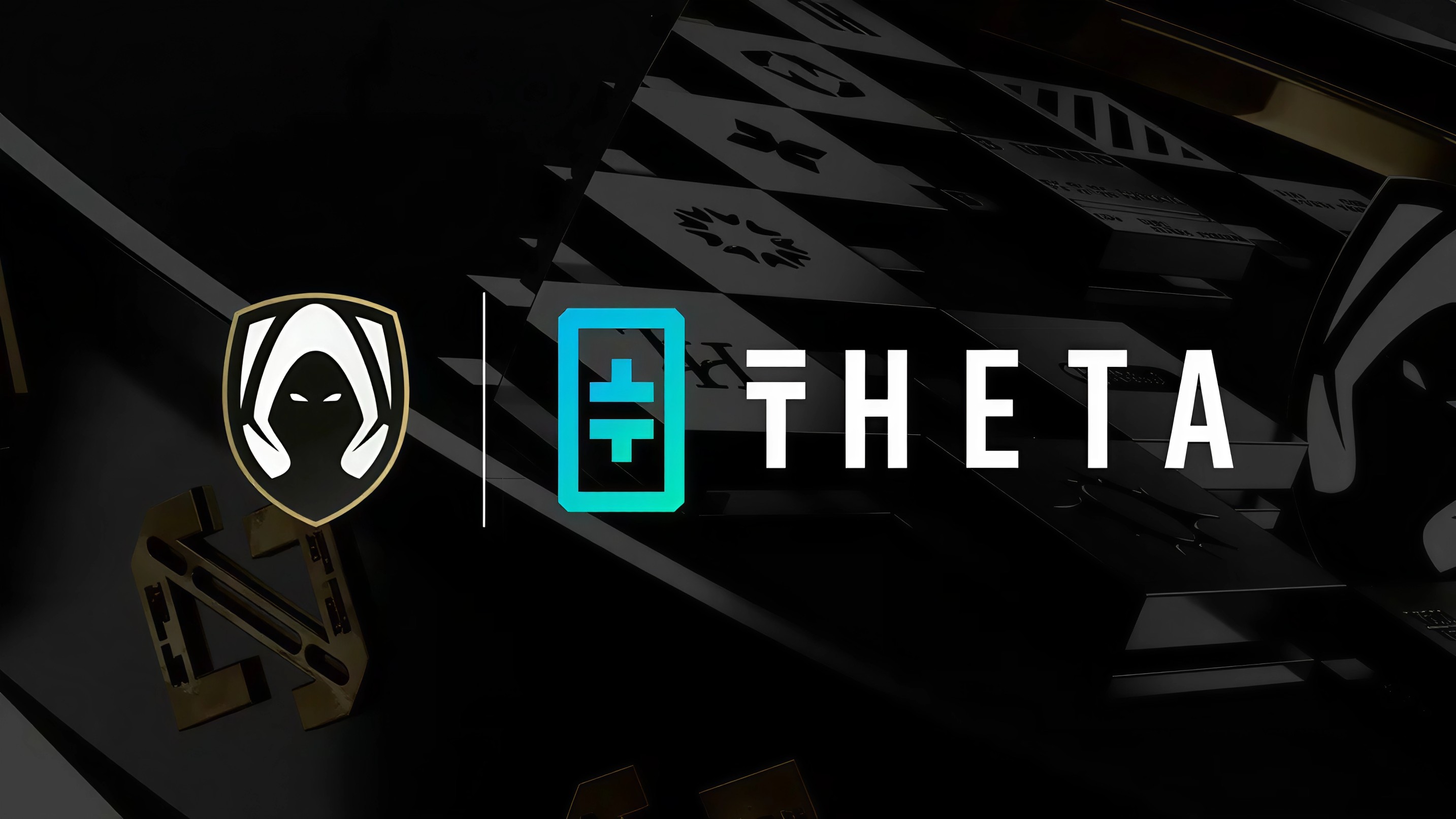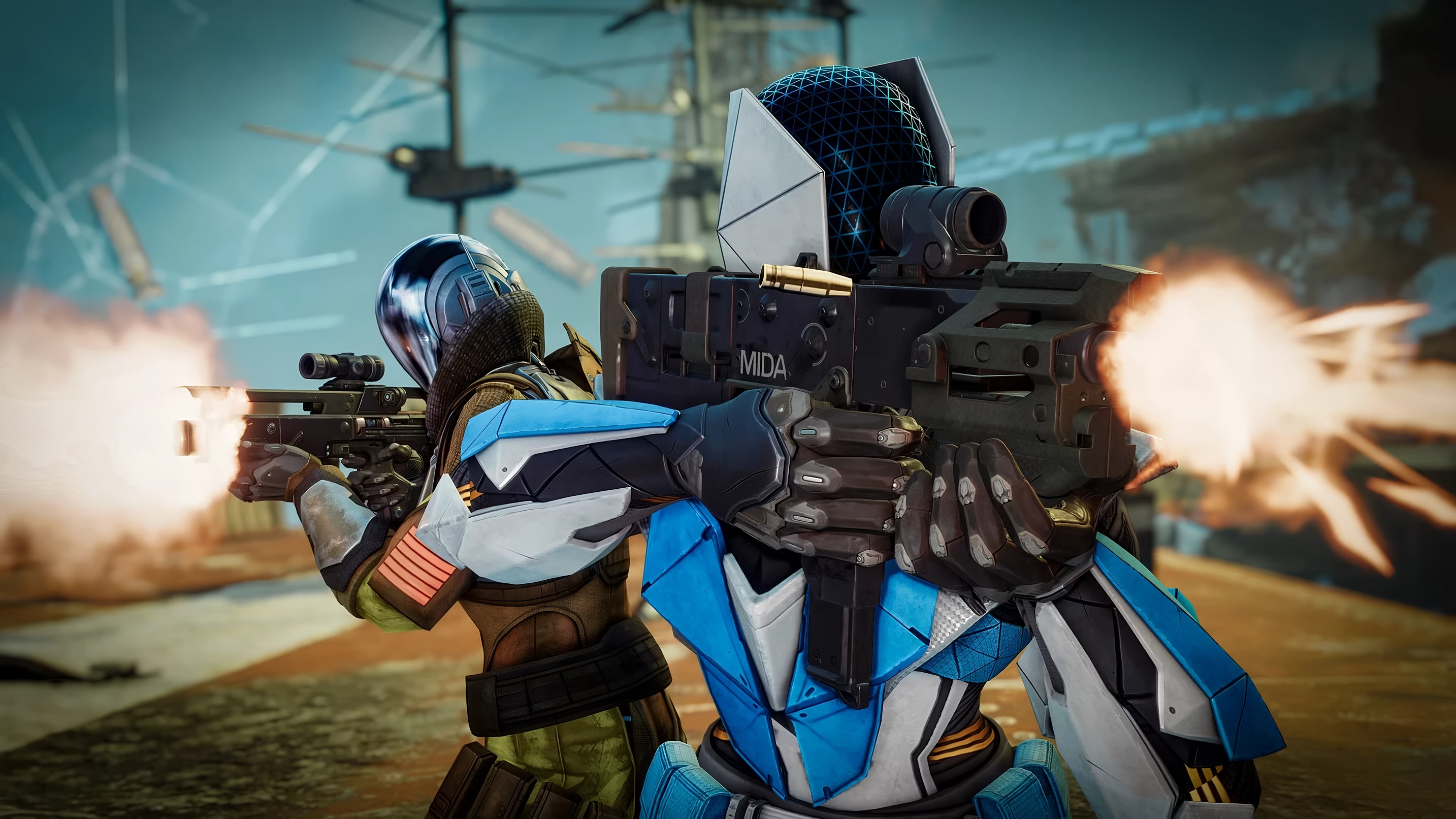Hollywood performers are striking against major video game companies like Activision, Warner Bros, and Walt Disney over the use of artificial intelligence (AI). The strike follows prolonged negotiations regarding a new contract between these companies and the Screen Actors Guild-American Federation of Television and Radio Artists (Sag-Aftra), representing over 2,500 video game performers.
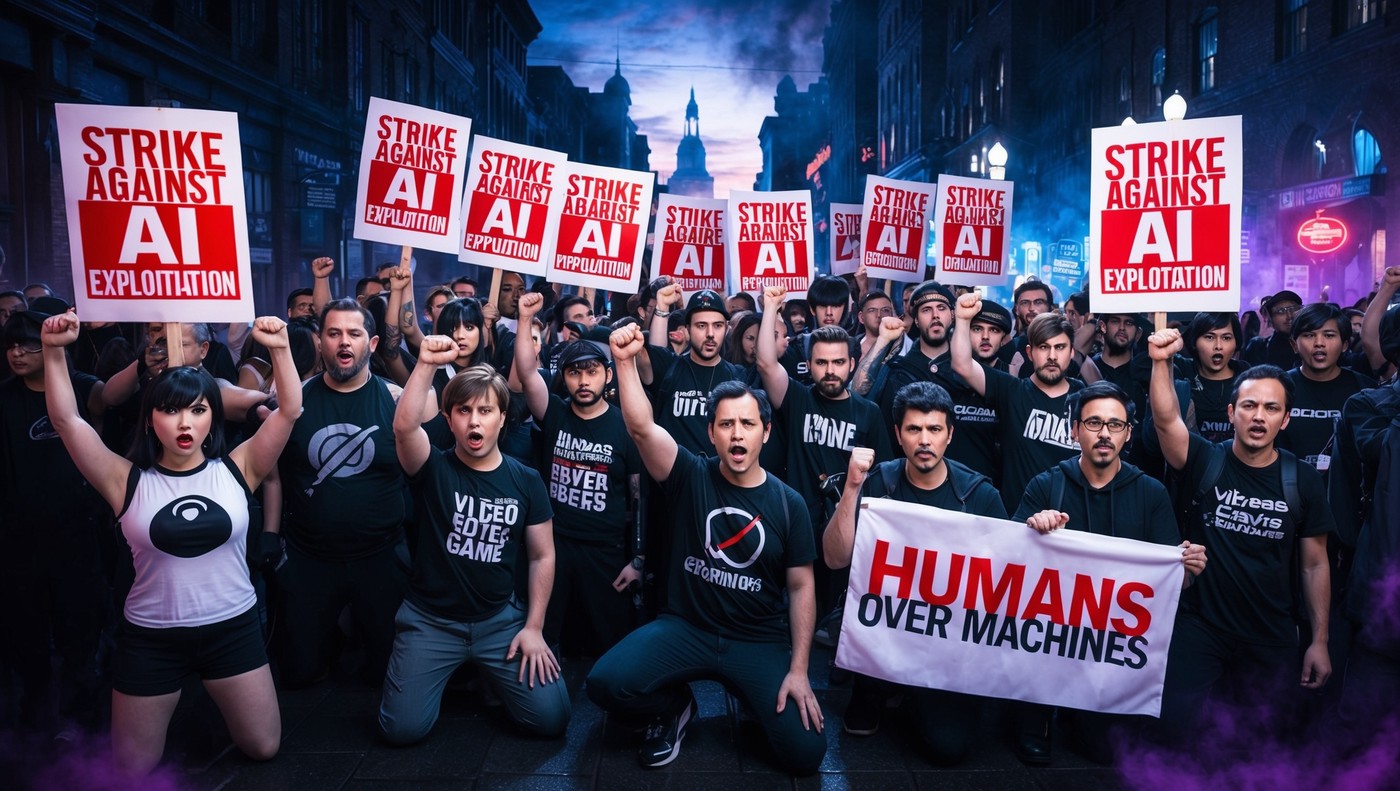
Key Issues
Despite agreements on wages and job safety, AI technology protections remain contentious. Performers are concerned about studios using generative AI to replicate their voices and appearances without fair compensation. Sag-Aftra insists on clear, enforceable AI protections, which the studios have yet to affirm.
Union's Standpoint
Sag-Aftra emphasizes the need for a contract that prevents the abuse of AI to the detriment of performers. The union demands enforceable language ensuring all performers are protected under the new agreement.
Studios' Response
The video game studios claim they have made significant concessions. Audrey Cooling, a spokesperson for the negotiating studios, expressed disappointment over the strike, stating that their offer includes meaningful AI protections, requiring consent and fair compensation.
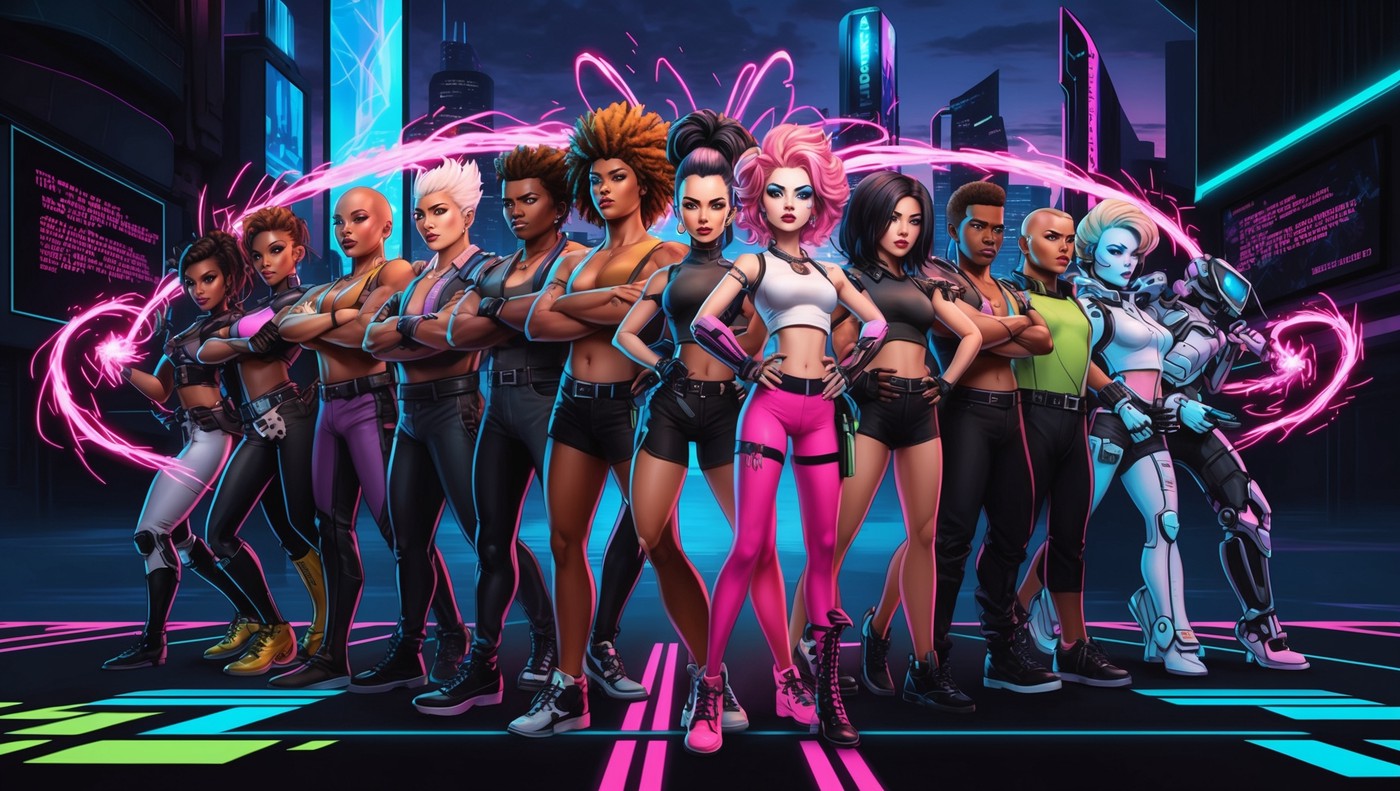
Background
The last Interactive Media Agreement, which did not include AI protections, expired in November 2022 but has been extended monthly during ongoing talks. Last year, Sag-Aftra's strike in the TV and film industry led to $1 billion in new pay and benefits, including AI safeguards, following a 118-day shutdown, the longest in the union's history.
Economic Impact
The combined strikes of actors and writers last year severely disrupted film and TV production, costing California’s economy over $6.5 billion, according to Deadline.
Follow for more- https://www.instagram.com/gamingmoves/

